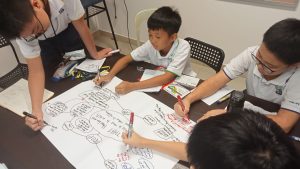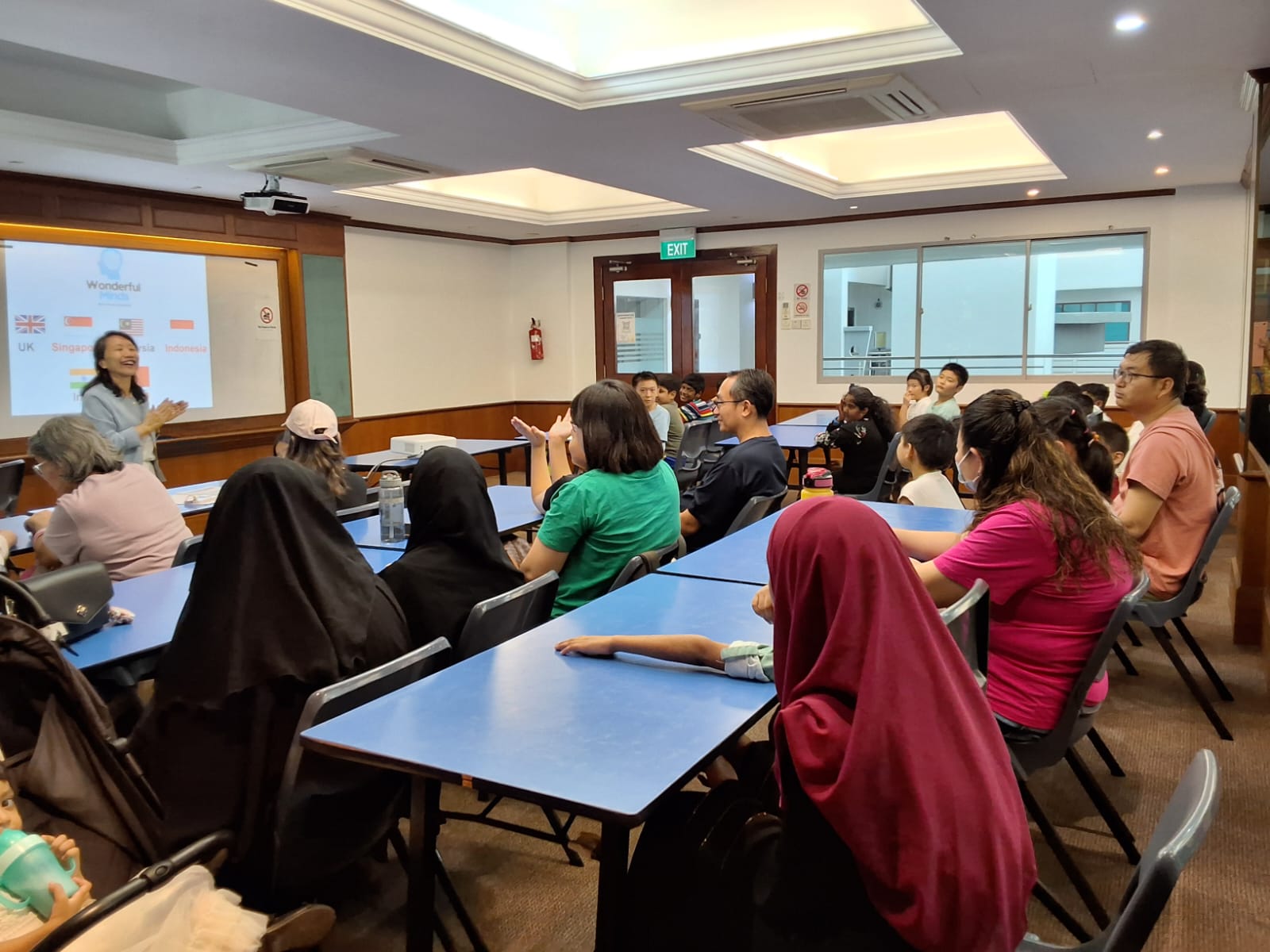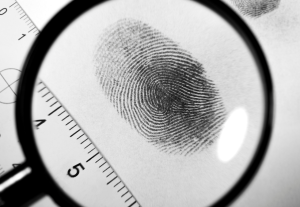
Oracy Programmes in Singapore Schools: Why Communication Skills Matter More Than Ever in 2026
Debate and public speaking programmes help students build confidence, structure ideas clearly, and engage meaningfully in discussions across school levels.

In today’s competitive talent landscape, Singapore’s HR leaders are under increasing pressure to make smarter, faster, and more data-driven decisions. From hiring and performance management to leadership development, the need to understand employees beyond their resumes has never been more critical.
That’s where HR personality profiling tools come in — helping organisations uncover individual strengths, learning styles, and communication preferences. While traditional assessments like DISC and MBTI remain popular, a new frontier is emerging in Singapore: fingerprint-based neuromapping.
Traditional profiling tools depend on self-reported answers — meaning results can be influenced by mood, social desirability, or how employees want to be perceived.
In contrast, neuromapping (also known as fingerprint-based personality profiling or Dermatoglyphics Multiple Intelligence Test, DMIT) uses biometric data to analyse innate potential. Fingerprint patterns, formed between the 13th and 21st week of gestation, correlate directly with neural pathways in the brain. This connection provides objective insights into how individuals think, learn, and interact.
According to the Singapore Human Resources Institute (SHRI), modern HR tools that integrate neuroscience and analytics are driving a new wave of personalised talent development — and neuromapping sits squarely in that space.
Each fingerprint carries unique ridge formations that reflect neurological development. By analysing these patterns, the Neuromapping Profiling System identifies dominant brain functions, sensory preferences, and multiple intelligence types.
At Addestra Learning, this scientific approach enables HR teams to move from guesswork to precision. Instead of generic personality categories, neuromapping reveals data such as:
This deeper understanding allows HR professionals to make informed decisions about team composition, training design, and leadership grooming.
Explore how Addestra’s Neuromapping Profiling System can empower your organisation’s HR strategy.
Using neuromapping insights, HR teams can align employees to roles that match their natural strengths — reducing burnout and improving engagement. For instance, an employee with strong frontal lobe activation might thrive in analytical or planning roles, while those with balanced hemispheric dominance could excel in creative leadership.
Personality profiling helps identify future leaders based on intrinsic traits such as resilience, empathy, and adaptability. Coaching can then be personalised to each leader’s neuromap, resulting in faster growth and improved team influence.
No two employees learn the same way. Neuromapping helps HR departments design customised learning experiences that cater to visual, auditory, or kinesthetic learners — boosting retention and application of new skills.
Profiling team members collectively creates a “team neuromap,” showing communication patterns, potential friction points, and synergy areas. This is invaluable for team-building, project management, and organisational culture initiatives.
Singapore’s corporate ecosystem thrives on innovation and productivity. With hybrid work and digital transformation reshaping how teams operate, understanding human behaviour at a neurological level provides a distinct advantage.
Companies that have adopted neuromapping personality tests report measurable improvements in employee engagement and collaboration. These insights support initiatives aligned with SkillsFuture Singapore’s lifelong learning framework, helping organisations future-proof their workforce through personalised development.
Addestra Learning has supported numerous government agencies and private corporations in integrating neuromapping into leadership and team-building programmes — combining neuroscience with practical human development.
Skepticism around biometric-based profiling is understandable, but when applied ethically, it serves as a complementary tool rather than a replacement for psychological testing.
At Addestra, fingerprint data is used solely for developmental insights — not for hiring decisions. The process is transparent, consent-based, and aligned with Singapore’s PDPA guidelines to ensure confidentiality and trust.
The future of HR lies in understanding people scientifically — not just behaviorally. HR personality profiling tools in Singapore, especially fingerprint-based neuromapping, represent a breakthrough in objective, human-centric workforce development.
By decoding each employee’s natural strengths, communication style, and learning patterns, HR leaders can make better placement, training, and leadership decisions — creating a more engaged, balanced, and high-performing workplace.
Companies keen on inviting us to Lunch & Learn Talks on Neuromapping Profiling Tool Workshop to discover the talents in your organisation, may contact us at hello@addestralearning.com or call us at +65 9431 4372. Come and see for yourself!

Debate and public speaking programmes help students build confidence, structure ideas clearly, and engage meaningfully in discussions across school levels.

Debate and public speaking programmes help students build confidence, structure ideas clearly, and engage meaningfully in discussions across school levels.

Learn how Neuromapping profiling helps HR teams in Singapore uncover employee strengths, improve collaboration, and enhance team performance scientifically.

Founded in Singapore in 2005, The Golden Space® has become a global movement for heart-based, non-religious meditation and conscious living. This October, join Master Umesh at Unlock Transformational Wisdom for